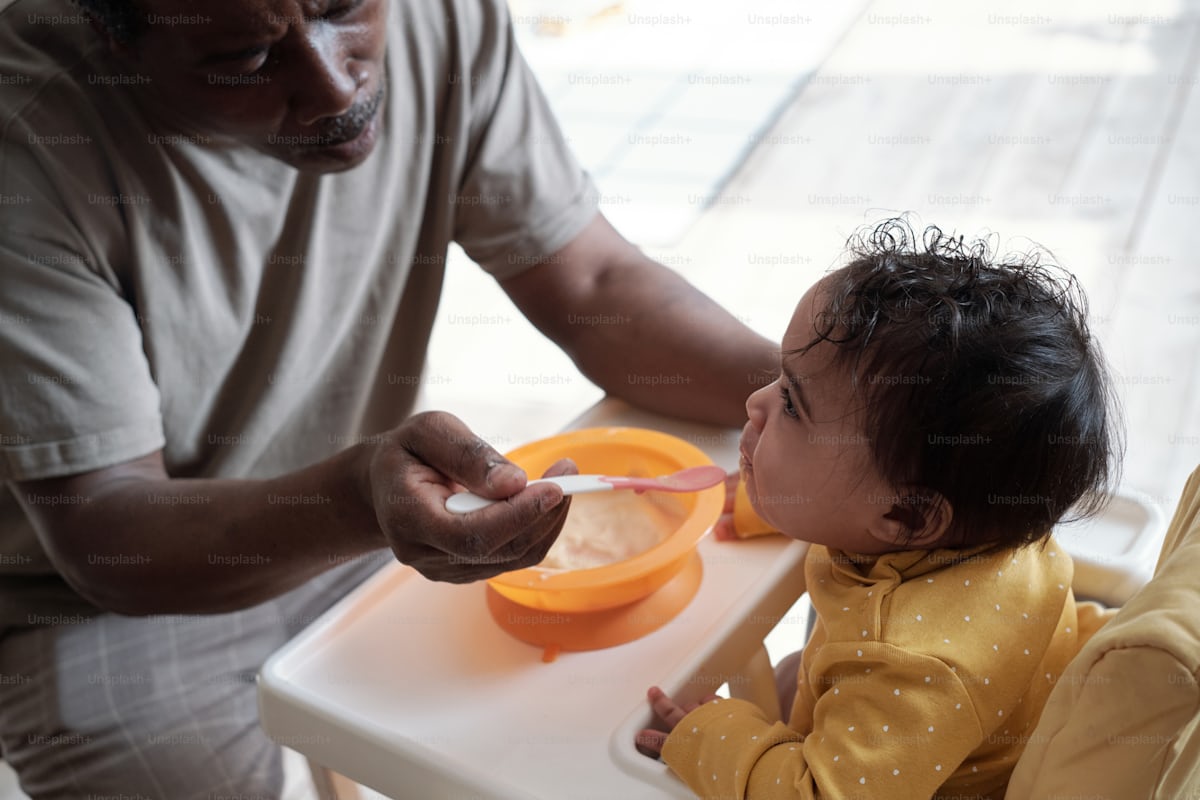Childhood cancer is a global health problem, exacerbated by severe malnutrition in developing countries such as India. Recent reports indicate that 57% to 61% of children with cancer are malnourished at diagnosis, creating a complex interaction between nutrition and cancer outcomes.
Malnutrition not only affects the overall health of these children, but also their ability to cope and cope with cancer treatment. Addressing the twin burdens of childhood cancer and malnutrition requires urgent attention to this alarming trend.
The prevalence of malnutrition among children with cancer is a common problem, especially in low- and middle-income countries such as India. The most affected children are those from economically backward communities who suffer from lack of resources and malnutrition. Lack of adequate protein, vitamins and essential nutrients weakens the body’s immune system, reducing its ability to fight infections and cancer.
Many factors contribute to malnutrition in children with cancer. Disease processes, including the metabolic demands of cancer, can cause weight loss, muscle wasting, and malnutrition. Cancer treatments such as chemotherapy and radiation often cause side effects such as nausea, vomiting, loss of appetite and difficulty absorbing nutrients. Additionally, low socioeconomic status, food insecurity and poor sanitation also exacerbate the problem.
Impact of Malnutrition on Cancer Outcomes Malnutrition plays an important role in worsening childhood cancer outcomes. Malnourished children are less able to tolerate aggressive cancer treatments such as chemotherapy and radiation.
Malnutrition impairs the body’s ability to heal, increases susceptibility to disease, and slows recovery. For example, children receiving chemotherapy can experience serious side effects, such as severe gastrointestinal problems, which make it difficult to maintain adequate nutritional status.

In addition, malnutrition adversely affects the function of the liver and kidneys, which are important for the metabolism and excretion of chemotherapy drugs, which can cause problems such as drug toxicity. In addition, malnutrition is associated with significant treatment delays and dose reductions, which may affect the overall effectiveness of cancer treatment. Malnourished children have longer hospital stays, higher medical costs and lower survival rates.
In some cases, malnutrition makes the cancer more aggressive, which accelerates its growth and makes it more difficult to treat. This creates a vicious circle where cancer leads to malnutrition and malnutrition affects cancer treatment.
Addressing Malnutrition in Pediatric Cancer Patients The complex challenge of malnutrition in pediatric cancer patients requires a comprehensive approach. Nutritional assessment should be an important part of cancer care that includes early detection and intervention strategies to improve nutritional status.
Healthcare professionals should work closely with a dietitian to develop an individualized nutrition plan to meet the unique needs of each cancer patient. For example, a high-protein diet, vitamin supplements, and high-calorie foods can help improve nutritional status and treatment tolerance.
Reference https://timesofindia.indiatimes.com/life-style/health-fitness/health-news/the-impact-of-malnutrition-in-childhood-cancer-treatment/articleshow/113573753.cms
https://www.sciencedirect.com/science/article/pii/S2468124522002595
 using WordPress and
using WordPress and
Comments are closed